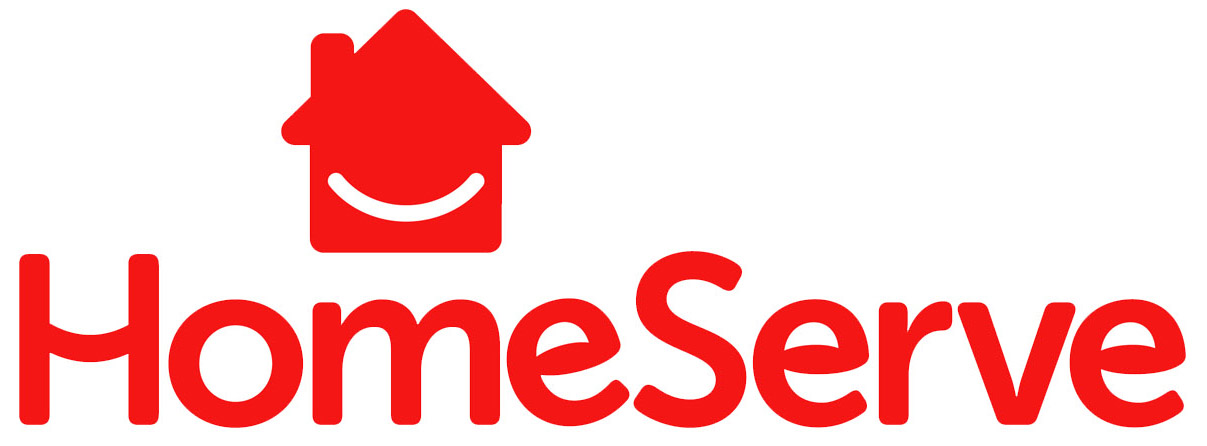Connie Stevens, Executive Director, Alliance of Indiana Rural Water, discussed the patchwork of state disconnection moratoriums and noted that, while this made the crucial resource of clean water available to many who may have otherwise gone without, it has increased the bad debt that water utilities hold, a staggering blow to many smaller, rural utilities. For some utilities, that debt has spiraled so much that they may need to consider raising their rates.
“Providing good, clean, quality water is crucial during COVID and any other crisis,” she said.
Robert White, Executive Director, Alabama Rural Water, noted that, while Alabama didn’t have a moratorium, many of the utilities there explored payment plans for disadvantaged residents and partnered with community charitable groups to help customers pay their bills. Some larger utilities had the advantage of their own charitable foundations to provide bill assistance, a route usually not available to small, rural utilities.
Michael Preston, Legislative Analyst, National Rural Water Association, discussed current federal funding for water utilities, anticipated funding and legislation that may impact available funding. He noted that the NRWA’s staff helps member organizations navigate the process of seeking federal funding, including assisting with application processes.
“When you have nine thousand news feeds coming at you at once, you rely on partners who have their ear on the ground,” Preston said. “The NRWA keeps its eyes and ears on the legislative process and what is coming down the pike for funding opportunities so members can be prepared when they’re available.”
Preston urged utilities that were considering seeking funding to ensure that their rate structure was viable for the long term and to lay the groundwork for any large capital projects, such as collecting necessary data or having an engineering study or blueprints completed. The closer a project is to shovel-ready, the more likely it will be approved for a federal grant or low- or no-interest loan.
He noted that the pandemic has shown that the federal government needs to invest more in water infrastructure, noting that the fiscal year 2021 appropriations bill for the Clean Water Act State Revolving Funds (SRF) is $6.6 billion and Safe Drinking Water Act SRF is $6.1 billion. It is expected that the federal government will lean on the SRF to reinvest tax dollars in water infrastructure in fiscal year 2022. Preston noted that infrastructure is a bipartisan prerogative, although it is uncertain at the moment as to what pandemic relief funding may be made available to water utilities or how it would be disbursed, although it likely could come through the Department of Health and Human Services (HHS) or the Treasury. The HHS will be distributing $1.138 billion through a novel program patterned after the Low-Income Energy Assistance Program (LIEAP), the Low-Income Household Drinking Water and Wastewater Emergency Assistance Program, which will allocate funding to states. The states will then award those funds as grants to utilities, which will use the money to forgive overdue bills.
Approximately $350 billion has been allocated through the American Rescue Plan to support state and local governments, and some small communities may receive this funding and direct it toward drinking water and wastewater departments. If the American Jobs Plan passes as presented, there is $111 billion earmarked for drinking water and wastewater utilities, roughly half of which would go toward replacing lead water service lines. Preston noted that Congressional Republicans will soon present an alternative to the Jobs Plan, and it is too soon to know how much money may be allocated for the water industry.
The panel discussed several other funding sources, including Public-Private Partnerships (P3s), such as with ServLine by HomeServe. ServLine Leak Protection by HomeServe, backed by two A-rated insurance companies, will insure a utility against customer water loss, paying customers’ overages while also offering them a repair solution.
“I haven’t seen a utility yet whose employees are looking for additional things to do,” Mark Slater, General Manager, ServLine, said. “Our program can allow employees to focus on other things because we become the back office for customer leak adjustments.”
“I have read the letters and seen the faces of folks who had 8-, 9-, 18-hundred-dollar water bills and those were forgiven,” White said. “It’s a fantastic program and very flexible. It’s had a big impact on the systems that have engaged with it.”
Preston noted that ServLine and other affinity programs are vetted by the NRWA and provide a compliment to enhance operations and solve problems for water utilities.
“It can be a benefit for now and years to come,” he said.
To find out how ServLine can benefit your residents for years to come, contact us.

